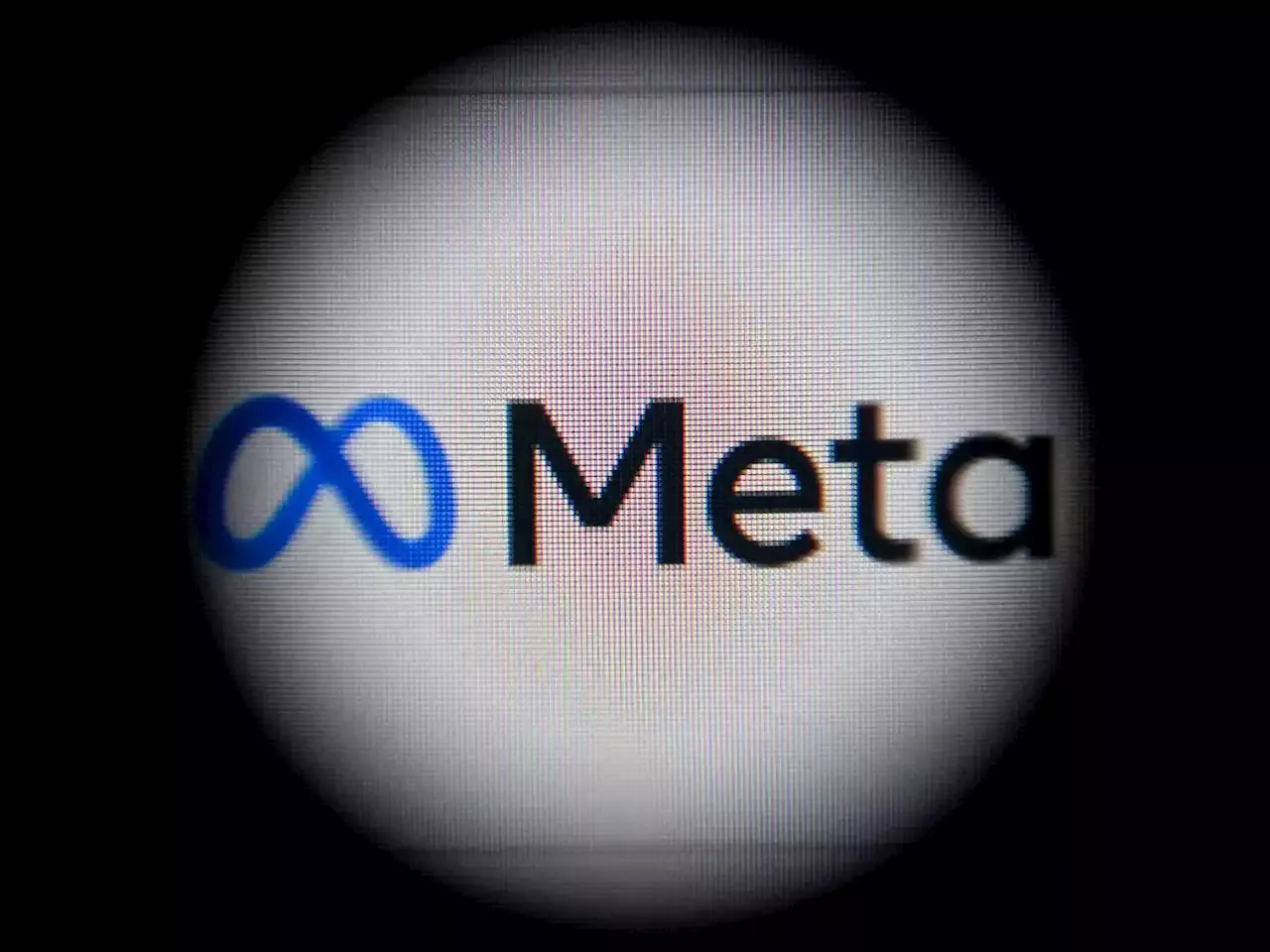: The Multilingual Revolution ofTO THE of Meta
Meta, precedentemente noto come Facebook, ha portato una nuova svolta nel mondo della traduzione e della sintesi vocale con il suo modello di intelligenza artificiale multilingue chiamato SeamlessM4T. Questa rete neurale di ultima generazione può elaborare sia testo che audio, offrendo traduzioni da testo a voce, da voce a testo e anche da voce a voce in circa 100 lingue diverse. L’obiettivo di Meta è semplice ma ambizioso: facilitare la comunicazione tra persone che parlano lingue diverse, superando così le barriere linguistiche che ostacolano la comunicazione efficace.
Inspiration from a Classic: Babel Fish and SeamlessM4T
Nell’annunciare questo nuovo modello, Meta ha tracciato un parallelo con il Babel Fish, un personaggio immaginario tratto dalla classica serie di fantascienza “The Hitchhiker’s Guide to the Galaxy” di Douglas Adams. Nella storia, il Babel Fish è un pesce che, una volta inserito nell’orecchio, può tradurre istantaneamente qualsiasi lingua parlata. Ecco cosa SeamlessM4T aspira a diventare: un traduttore universale che elimina le barriere linguistiche e facilita la comunicazione globale.
 The Challenges of Universal Translation and the Limitations of Legacy Systems
The Challenges of Universal Translation and the Limitations of Legacy Systems
Creare un sistema come Babel Fish rappresenta una sfida monumentale. I metodi di sintesi vocale e traduzione esistenti coprono solo una frazione delle lingue del mondo. Molte delle lingue meno comuni rimangono sottorappresentate, rendendo difficile la creazione di un sistema veramente universale. E mentre la traduzione testuale è una cosa, la traduzione vocale rappresenta una sfida completamente diversa, richiedendo algoritmi più complessi e una migliore elaborazione del linguaggio naturale.
Competition in the Industry: Google Translate and OpenAI's Whisper
Sebbene Meta sia un nuovo arrivato in questo particolare segmento, non è l’unica azienda a fare incursioni nel campo della traduzione assistita da intelligenza artificiale. Google Translate utilizza algoritmi di apprendimento automatico dal 2006, e modelli linguistici avanzati come GPT-4 hanno già dimostrato notevoli capacità di traduzione. Inoltre, a settembre, OpenAI ha rilasciato un proprio modello di sintesi vocale chiamato Whisper, specializzato nel riconoscimento vocale e nella traduzione di testo parlato.
L’Aumento della Rivalità nel Campo dell’Elaborazione Audio
L’innovazione in questo campo non si limita alla traduzione di testo; sta entrando in una nuova era con l’elaborazione audio. Whisper di OpenAI, ad esempio, è in grado di riconoscere e tradurre audio con un alto grado di precisione. Questo rappresenta un importante passo avanti nel campo dell’intelligenza artificiale, segnalando un aumento della concorrenza, specialmente nel segmento dell’elaborazione audio.
Conclusion: The Future of Multilingual Communication
SeamlessM4T di Meta rappresenta una delle più promettenti iniziative per superare le barriere linguistiche e rendere la comunicazione globale più accessibile. Sebbene affronti una concorrenza agguerrita da parte di altre giganti tecnologiche, il suo impegno nel migliorare la comunicazione multilingue è un segno positivo per il futuro. Con l’evoluzione continua dei modelli di intelligenza artificiale e la crescente importanza dell’elaborazione audio, il mondo potrebbe finalmente avvicinarsi al sogno di un traduttore universale come il Babel Fish.



